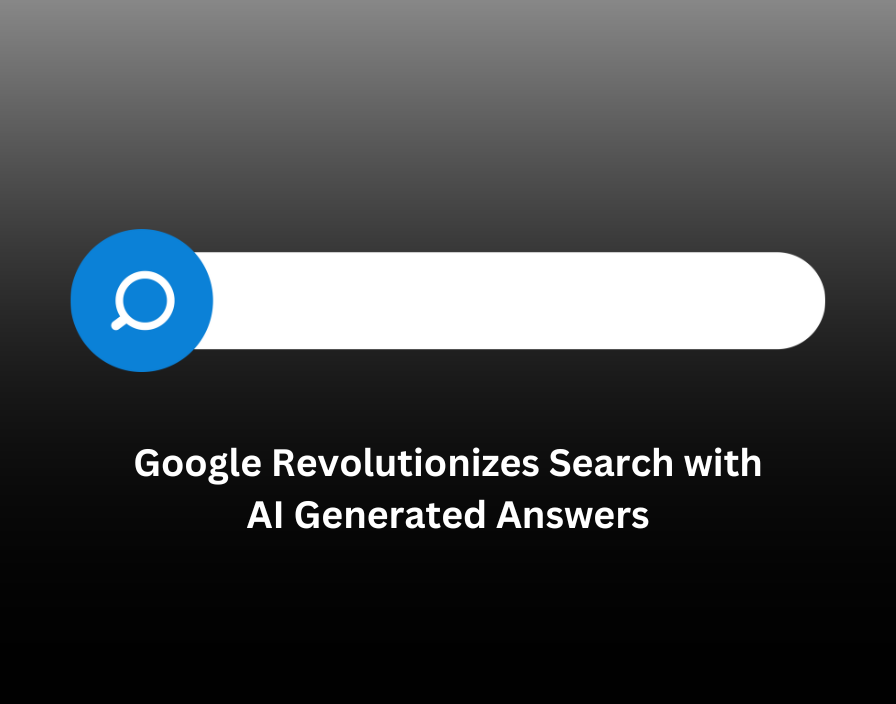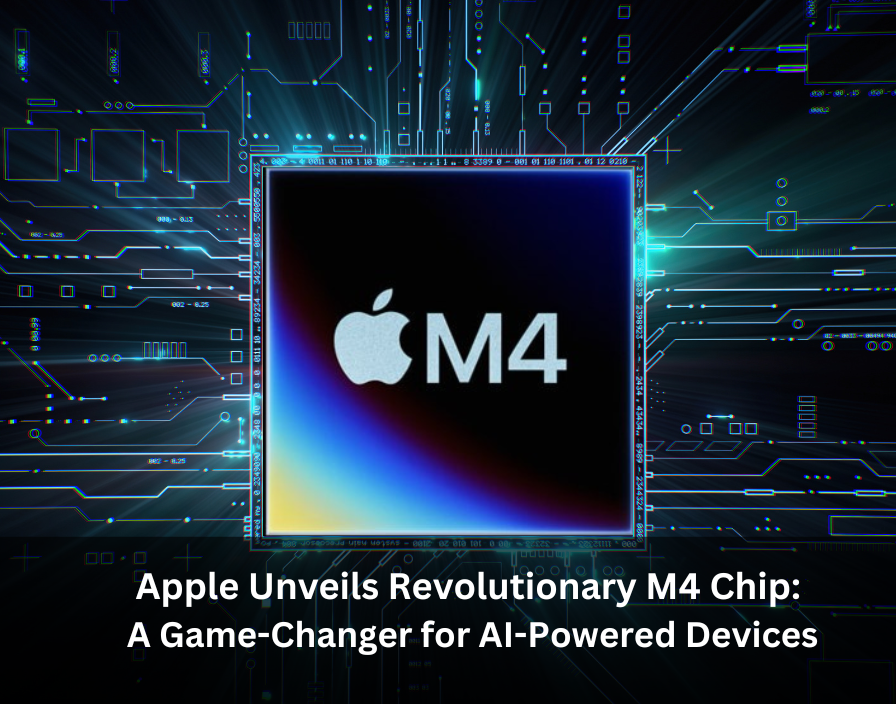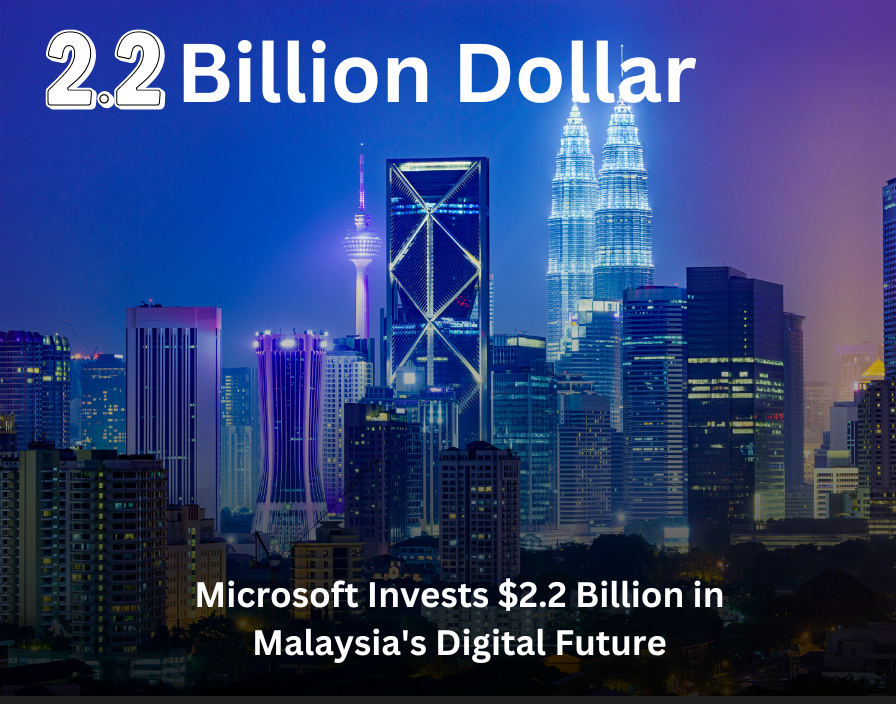Blockchain and Cryptocurrency Revolutionizing the Digital Economy

Blockchain and cryptocurrency have emerged as disruptive technologies, transforming the landscape of finance, business, and beyond. This blog explores the fundamental concepts of blockchain technology, the rise of cryptocurrencies, and their far-reaching implications for various sectors. We'll delve into the decentralized nature of blockchain, the mechanics of cryptocurrency transactions, the potential applications beyond finance, and the challenges and opportunities that lie ahead.
Understanding Blockchain Technology:
Blockchain is a decentralized and transparent digital ledger that records transactions across multiple computers, known as nodes. Each transaction, or block, is linked to the previous one, forming an unalterable chain. The distributed nature of blockchain ensures security, immutability, and transparency, making it an ideal platform for trustless peer-to-peer transactions.
Cryptocurrencies: The Rise of Digital Assets:
Cryptocurrencies, such as Bitcoin and Ethereum, are digital assets that utilize blockchain technology for secure and decentralized transactions. They serve as mediums of exchange, stores of value, and in some cases, programmable platforms for executing smart contracts. Cryptocurrencies have gained significant attention for their potential to disrupt traditional financial systems and enable financial inclusion on a global scale.
Mechanics of Cryptocurrency Transactions:
Cryptocurrency transactions rely on cryptographic algorithms to secure and verify the integrity of the transactions. Public and private keys are used to authenticate users and ensure the privacy of their transactions. Miners, individuals or entities that contribute computing power to the network, validate and timestamp transactions, adding them to the blockchain.
Applications Beyond Finance:
While cryptocurrencies initially gained traction in the finance industry, their potential applications extend far beyond. Blockchain technology can be used for supply chain management, ensuring transparency and traceability of goods. It can revolutionize healthcare by securely storing and sharing patient records. Smart contracts enable self-executing agreements with predefined conditions, opening up possibilities for automation in various sectors, including real estate, intellectual property, and governance.
Challenges and Opportunities:
Blockchain and cryptocurrency face challenges such as scalability, energy consumption, regulatory frameworks, and public perception. Scalability issues need to be addressed to accommodate mass adoption, while energy-efficient consensus mechanisms are being explored. Regulatory frameworks are evolving to strike a balance between innovation and consumer protection. Despite challenges, the potential benefits of blockchain and cryptocurrency, such as increased efficiency, reduced costs, and enhanced security, present significant opportunities for businesses and individuals.
The Future of Blockchain and Cryptocurrency:
The future of blockchain and cryptocurrency is filled with possibilities. Ongoing research and development aim to enhance scalability, privacy, and interoperability. The integration of blockchain technology with emerging technologies like the Internet of Things (IoT) and artificial intelligence (AI) holds tremendous potential for innovation and automation. As the technology matures, we can expect increased adoption, mainstream acceptance, and the emergence of new business models and decentralized applications.




